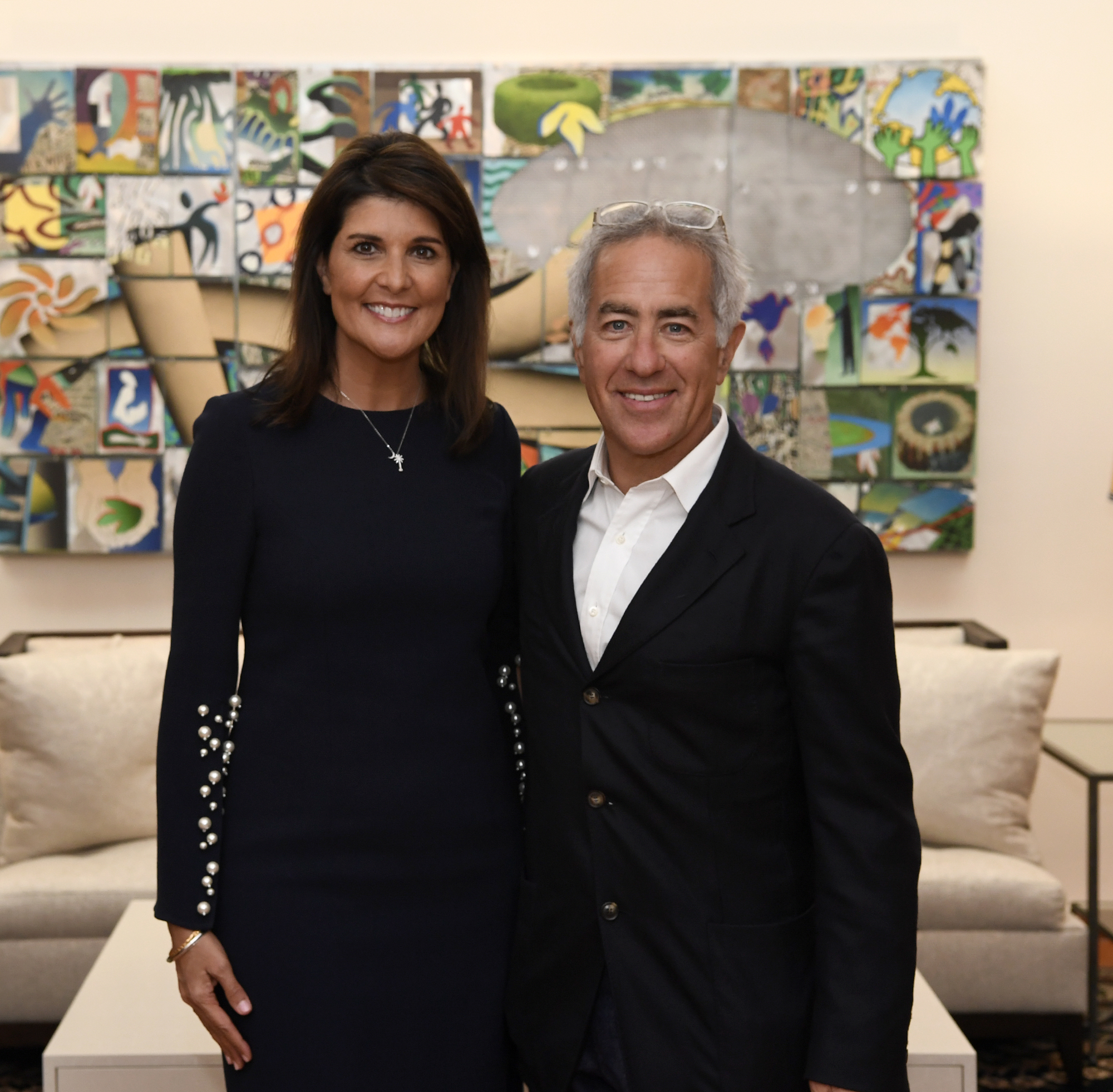 Former South Carolina Governor Nikki Haley emerged victorious in the Republican presidential nomination race after winning the primary in Washington, D.C. While this win may not significantly alter the trajectory of the overall contest, it marks an important milestone for Haley as the first woman to win a Republican primary in U.S. history.
Former South Carolina Governor Nikki Haley emerged victorious in the Republican presidential nomination race after winning the primary in Washington, D.C. While this win may not significantly alter the trajectory of the overall contest, it marks an important milestone for Haley as the first woman to win a Republican primary in U.S. history.
With 19 delegates at stake, Haley had a strong chance of defeating former President Donald Trump, who had performed poorly in the last competitive GOP presidential contest in 2016, losing the D.C. primary to Senator Marco Rubio. Haley secured 63 percent of the vote compared to Trump’s 33 percent, winning all of the available delegates.
Haley’s campaign spokeswoman, Olivia Perez-Cubas, emphasized that Republicans in Washington, D.C., were rejecting Trump and his chaotic leadership. The statement suggested that those closest to the dysfunction in Washington were seeking a change from the failed status quo represented by Trump.
In response to Haley’s victory, Karoline Leavitt, a spokeswoman for the Trump campaign, took a jab at both Haley and D.C. Republicans, echoing Trump’s characterization of the capital city as a “swamp” filled with establishment Republicans. Leavitt claimed that while Haley had been soundly rejected throughout the rest of America, she was embraced by lobbyists and D.C. insiders who sought to protect the existing political order.
Unlike Trump, who has frequently criticized Republicans in Washington for being against him, Haley actively campaigned in the city before the primary. Her presence and engagement with voters likely played a role in her success.
The Washington primary was relatively small compared to other states, and Republicans cast their ballots at the Madison Hotel. The election was overseen by the D.C. GOP. The party adhered to its rules by holding the primary at the earliest possible time, avoiding any conflicts with national GOP regulations that prohibit primaries less than 45 days before the Republican National Convention.
A total of 2,035 Republicans participated in the primary, as reported by the D.C. GOP. The contest took place following Trump’s victories in Missouri, Michigan, and Idaho over the weekend, where he secured a significant number of delegates.
Despite Trump’s commanding lead with 244 delegates compared to Haley’s 24, the former South Carolina governor has pledged to remain in the Republican primary until at least Super Tuesday on March 5. Super Tuesday will feature 15 state primaries and caucuses, with a third of the GOP delegates up for grabs.
Haley was not present in Washington to celebrate her victory but was instead campaigning in Maine, one of the Super Tuesday states. On Friday, she received the endorsement of Senator Susan Collins from Maine, further bolstering her campaign ahead of Tuesday’s primary.
As the Republican presidential nomination race continues, all eyes will be on Haley to see if her momentum carries her through Super Tuesday and beyond. While Trump maintains a significant advantage in terms of delegates, Haley’s historic win in the D.C. primary has undoubtedly positioned her as a formidable contender in the race for the Republican nomination.
